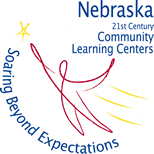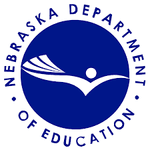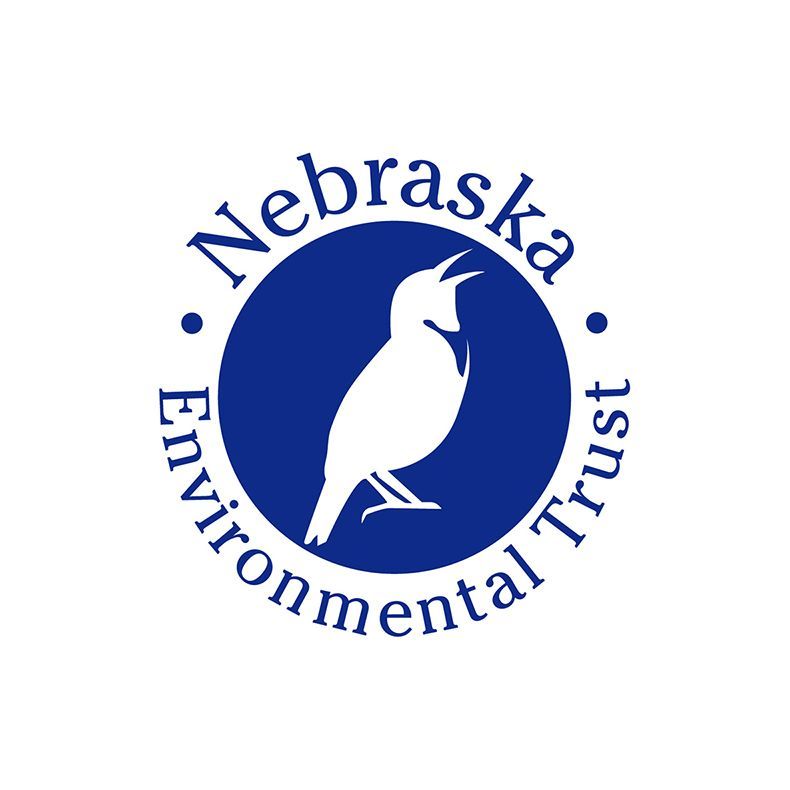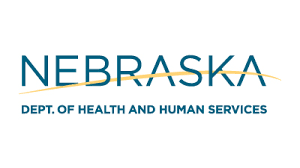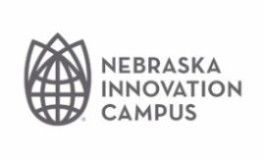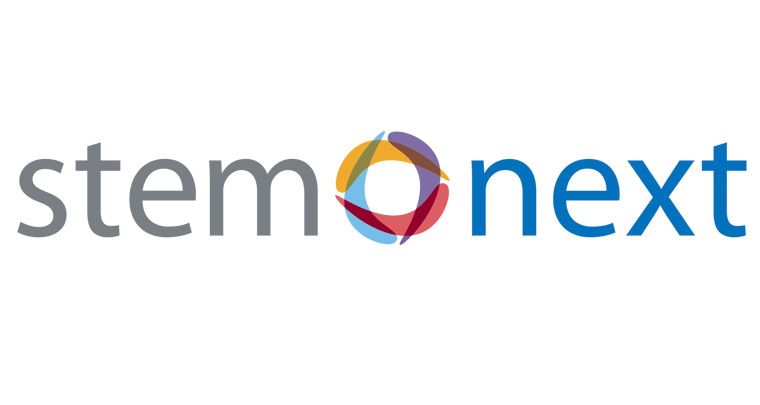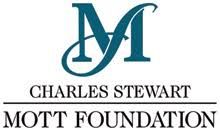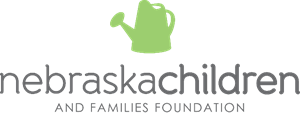What is the Nebraska Community Learning Center Network?
Guided by the philosophy that schools and communities must work together to provide what children and youth need to be successful, the CLC Network cultivates purposeful partnerships that address a range of student, family, school and community needs. The Network fosters community/school partnerships across the state through the development of statewide policy, funding, public awareness, and quality programs and initiatives.
What is the organization's mission?
To provide leadership and influence which mobilizes sustainable resources and builds capacity to support strong families and communities.
Why are after school programs so important?
After school programs can increase student engagement with learning by providing opportunities for attention from adult instructors or peer tutors, access to computer labs or educational technology, and fostering higher aspirations for educational attainment. After school learning opportunities also have the potential to reduce the achievement gap between students of differing races, ethnicities or socio-economic backgrounds.
Teens who do not participate in afterschool programs are more likely to skip classes, abuse drugs, alcohol and tobacco and engage in sexual activity or delinquent behavior. Afterschool Alliance 2006 National Election Eve Poll, Brown, W., S.B. Frates, I.S. Rudge, R.L. Tradewell (2002)
Researchers calculate that every $1 invested in after school programs can yield as much as a $3 savings to taxpayers later on due to reduced expenses associated with grade retention, truancy and juvenile crime. Afterschool Alliance 2006 National Election Eve Poll, Brown, W., S.B. Frates, I.S. Rudge, R.L. Tradewell (2002)
More than 3 in 4 students (77%) agree that "a lot of kids get into trouble when they're bored and have nothing to do," with 40% agreeing strongly. Public Agenda All Work and No Play Survey, 2004
More than 1 in 4 students (26%) say they "see people their age using drugs or alcohol" every day or almost every day (high schoolers 35%; middle schoolers 13%). Public Agenda All Work and No Play Survey, 2004
Why do Nebraskan children need after school programs?
31 percent (103,290) of our state's K-12 youth are unsupervised during after school hours, exceeding the national average of 25%.
21 percent of children who do not currently participate in an after school program would be likely to do so if such programs were made available to them.
Parents of non-participants believe that their children would benefit from after school programs through better social skills, improved academic achievement and safer environments.
Afterschool Alliance/America After 3 PM Household Survey, 2002-03
How do Community Learning Centers affect me?
What happens in and around the school compliments what happens in and around the home. The Nebraska CLC Network works closely with community learning centers to develop and sustain programs towards: Family Support, Physical and mental health, Housing, Violence prevention, Literacy initiatives, Student mentoring and Before and after school programs which focus on academic support and youth development. When students and families succeed, the entire community benefits by a healthier, stronger workforce; a more efficient civic leadership; and a better start for the next generation of Nebraskans.
Who supports the Nebraska Community Learning Center Network, who are its members?
Membership reaches into all areas of Nebraska communities. Nebraska partners represent stakeholders from state and Local education systems, community-based organizations and the business sector.
Together, these partners constitute a valuable pool of resources that local CLCs can access to cultivate programs that will help their community grow.
I want to be a partner in the Nebraska Community Learning Center Network, what are the levels of partnership?
Sustaining Partner
Support the work of the Network through financial contributions that significantly advance the Network's goals and objectives.
Affiliate Partner
Support the work of the Network through involvement in Network committees and advocacy for CLC programs at the local and state level.


